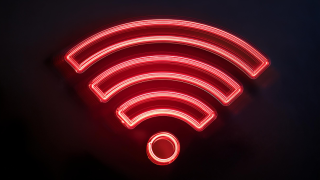She was arrested on the request of the United States in December 2018 after arriving at Vancouver International Airport – it is believed her treatment during arrest will be a focus of her appeal, which must be lodged by 26 June.
In this week’s hearing Meng’s defence was expected to lean on double criminality laws in Canada, which state that a person cannot be extradited for behaviour that is not considered a crime in Canada.
At the time of Wanzhou’s arrest, Canada did not have sanctions against Iran, however, the British Columbia judge yesterday argued the case was based on charges of fraud, rather than details of the sanctions.
In its indictment document filed with the District Court of New York in January 2019, the United States claimed SKYCOM, which had dealings with Iran, was controlled by Huawei and that Wanzhou deceived international banks into clearing transactions with Iran, by assuring them the company was independent.
The case is expected to stretch for years and can’t be heard until the three-part extradition process is complete. Wanzhou – the daughter of Huawei CEO and founder Ren Zhengfei – is expected to appeal the ruling of the first phase. Since her arrest she has maintained that she and Huawei are innocent against all charges.
Meanwhile, the UK’s National Cyber Security Centre on Sunday launched a new investigation into the use of Huawei equipment in the country’s 5G network, signalling a backtrack on the government’s earlier decision to allow up to a 35% presence.
The UK government said in April 2019 that it could ”manage any threat from Huawei”.
It is estimated that replacing Huawei and ZTE equipment in European networks could cost US$3.5 billion.
In the US, Trump extended the ban on US telcos buying Huawei equipment for another year.
Chairman Eric Xu earlier this year said he would not “stand by and watch Huawei being slaughtered on the chopping board”.





